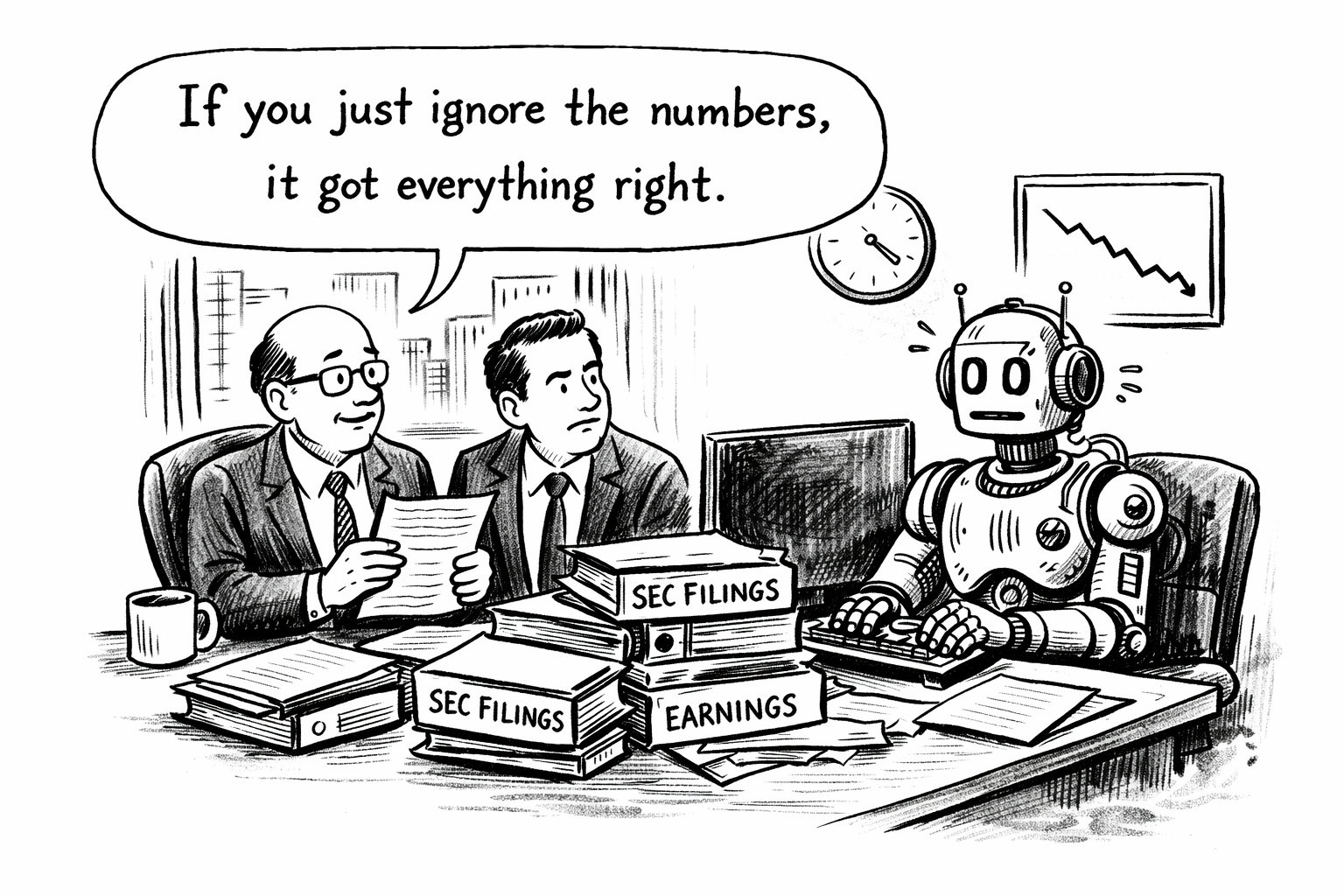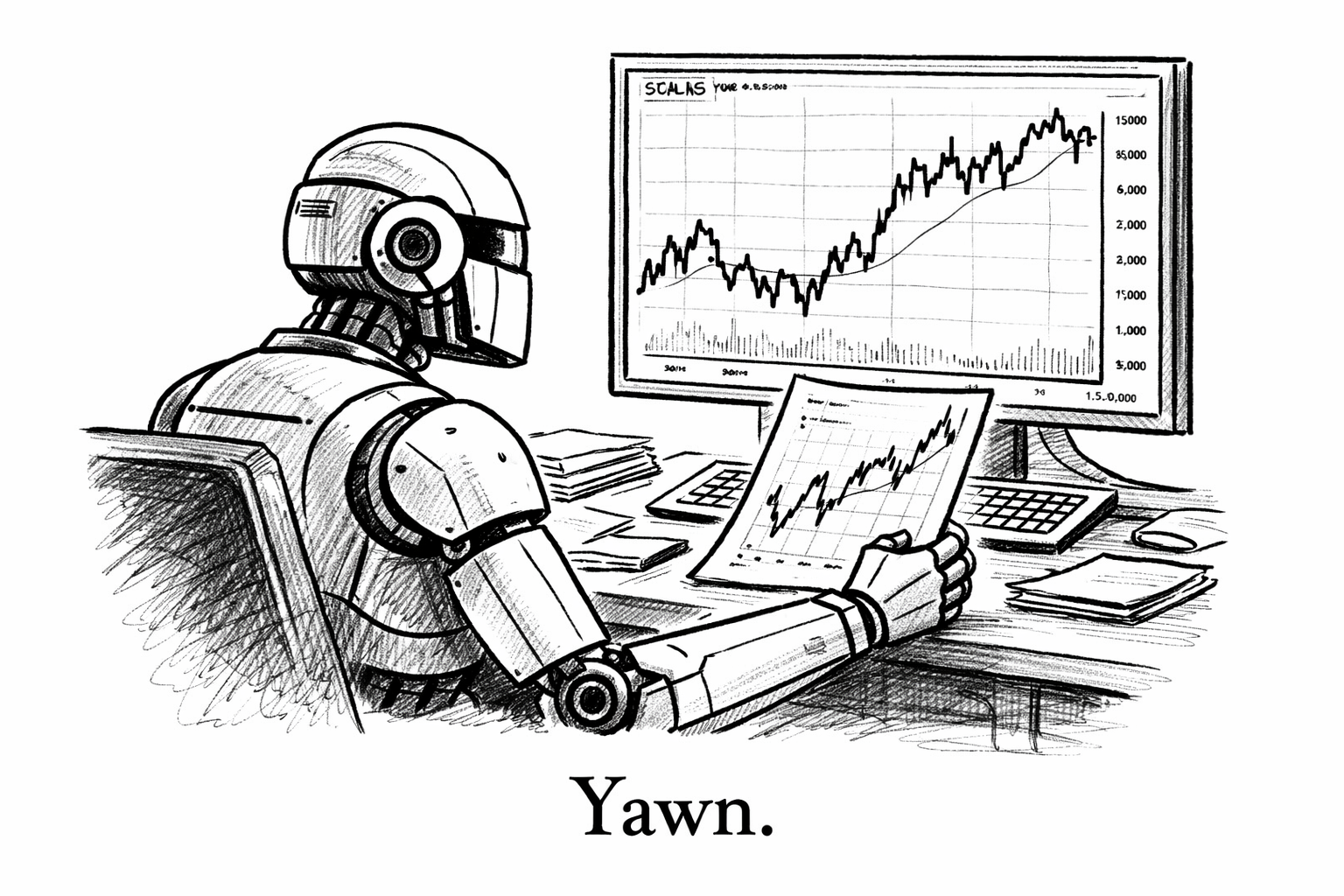Is SDIG’s coal refuse plant environmentally beneficial?
Stronghold Digital Mining (SDIG), a Bitcoin mining company that burns coal refuse, says they are “actively improving the environment”.
Why do we care?
Environmental Creds
Investors have always preferred “good” companies. Not so long ago, the quality of an investment was primarily judged by concrete, visible measures like cash flow and earnings. Today, the definition of goodness has evolved. Nowadays, investors care about sustainability, diversity & inclusion and other social and environmental concerns that are harder to quantify.
In the biz, we call this new(ish) trend, Environmental, Social and Governance (“ESG” ) investing. It’s huge right now. Last year ESG funds took in about $51B, at the end of September 2021, ESG funds had already hit $55B in new inflows. Actively managed non-ESG funds actually saw outflows over the past few years. If you’re confused, an “ESG fund” invests other people’s money and tries to make it turn into more money but also pays attention to whether the companies they invest in are nice to the environment, treat their employees well etc. etc. One result is that there’s less interest in investing in oil and coal but a ton of people want to invest in electric vehicle companies. (See how that’s going here.)
Long story short, if you’re a company and you want investment, it can be helpful to be environmentally friendly and nice to your employees. Doing those things can be hard, so sometimes it’s easier to pretend. When you pretend to do things with the intent of attracting investors, it’s considered securities fraud…. “Greenwashing” has been a concern for many years and now you can get sued for it, and not just under securities legislation.
Companies are seeing an increase in “greenwashing” claims and many believe this trend in litigation is only the beginning. According to Norton Rose Fulbright, there are currently 1800 global climate change lawsuits compared to 1543, 18 months ago.
- Allbirds, who wanted to call themselves the first “sustainable public equity offering” (the SEC objected), and who voluntarily reports cradle to grave emissions in making and using their products (known as scope 1, 2, and 3 emissions; 1: direct emissions produced by the company, 2: indirect emissions, like those produced heating and cooling employee workspaces, 3: a full value chain emissions accounting, including emissions of suppliers, emissions of consumers in use) was subject to PETA inspired class action lawsuit. This one doesn’t appear to have gone anywhere - Allbirds filed to have the case dropped, and there’s no mention of the case in Allbird’s recent prospectus. Perhaps just a pre-IPO call for attention from fans of PETA?
- Ryanair got in trouble with the UK advertising watchdog when they claimed to be “lowest emissions airline”.
- BlueTriton (formerly Nestle waters North America) is being sued for misleading consumers and overstating the benefits of recycling in the sustainability of plastics.
ISS’s 2020 report on developments in securities class action shows a more in-depth, if slightly outdated view of this trend.
Power to/for crypto
As Elon Musk recently discovered, cryptocurrency mining requires a TON of energy. High energy usage means bitcoin miners are drawn to locations with readily available energy sources. The US has recently taken the lead in bitcoin mining power after China’s Inner Mongolia region banned cryptocurrency mining and shut down existing projects due to their high energy consumption.
As geeks (and therefore partial to Raspberry Pi and EC2 references), we enjoyed this brief analysis:

So that’s the context. What does this have to do with Stronghold Digital Mining?
Stronghold Digital Mining Inc ($SDIG) IPO’d on the Nasdaq in October. SDIG’s stock price initially jumped 52% but has since declined. The following disclosure in their S-1 (prospectus) caught our attention….
“We are a vertically integrated crypto asset mining company currently focused on mining Bitcoin. We wholly own and operate a low-cost, environmentally-beneficial coal refuse power generation facility that we have upgraded in Scrubgrass Township, Pennsylvania (the "Scrubgrass Plant"), and it is recognized as an Alternative Energy System because coal refuse is classified under Pennsylvania law as a Tier II Alternative Energy Source (large-scale hydropower is also classified in this tier).
We are committed to generating our energy and managing our assets sustainably, and we believe that we are one of the first vertically integrated crypto asset mining companies with a focus on environmentally beneficial operations.” [emphasis added]
The words “environmentally-beneficial coal” are not words you usually see together. At first read, the above sounds like greenwashing. It turns out, however, that coal refuse is a mixture of coal mining waste products, and leaving it lying around can lead to leaching of iron, manganese, and aluminum into waterways or creating acid mine drainage. So maybe getting rid of it is good for the environment? According to SDIG, they are “actively improving the environment”.

Not everyone agrees with SDIG. Many people do not believe burning coal refuse is “environmentally beneficial”. According to Quartz, the Subgrass plant nearly got shut down by the EPA under the Obama administration and emitted over 400,000 tonnes of C02 in 2019.
More fundamentally, does a company whose operations are so energy-intensive get to claim that they’re actively improving the environment? If the immense amount of power required for bitcoin mining were generated entirely by the energy output of SoulCycle enthusiasts (or any other renewable energy source), would this claim be valid? We’re not sure.
Here is some additional color on the coal refuse issue, and the political differences on its relative merits, from April 2020 when the EPA changed coal refuse power plant standards:
“I am pleased to hear the EPA is updating the 2012 Mercury and Air Toxic Standards (MATS). After eight years of former President Obama’s War on Coal, I am pleased that President Donald Trump continues to protect West Virginia energy jobs. This decision will benefit our state’s small plants and preserve coal refuse recycling,” said Congressman Alex Mooney (WV-02).
“Thank you to the EPA for establishing a new emissions standard for coal-refuse power plants, which will help us turn more waste into affordable energy for American families,” said Congressman Mike Kelly (PA-16). “Making it easier to remove coal-refuse from Pennsylvania communities will not only produce energy, however. It will also allow landowners to create more parks, nature areas, and address other community needs. Once again, the Trump Administration took decisive action to end the Obama era war on coal and in doing so, is helping coal country, and America, in more ways than one.”
Crytpocurrency enthusiasts can pause here to throw their fists in the air and yell that we’re missing the upside of blockchain technology. Yes, true! Whether or not blockchain is the future is beyond the purview of this newsletter and to be perfectly honest, beyond the limits of our expertise. This newsletter is about the risks of rosy environmental claims in public filings and trends in litigation, not an evaluation of the merits of blockchain technology.
Is SDIG correct in calling coal refuse power generation environmentally-beneficial? Does the sustainability of bitcoin mining in general matter to this claim? Is SDIG walking into a lawsuit or are their claims nebulous enough to make this a non-issue? We’re interested to see how disclosure evolves in this area and how the legal landscape evolves with it.
Do you have an opinion? We’d love to hear it.
We are not investment advisors and none of this is investment advice. We are also not lawyers. Do your own research and form your own opinions.








